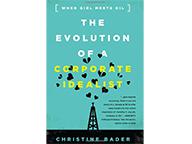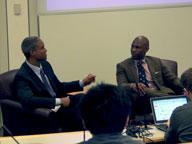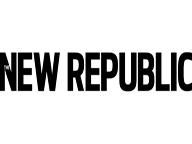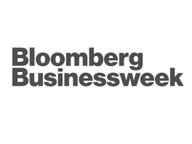Faculty News
—
Prof. JP Eggers on Malaysia Airlines's communications regarding its missing jet
—

Excerpt from Bloomberg TV -- "There's differences between culture and differences within the company, but when you think about the example you're setting for your own organization in some ways, about what responsibility means within your organization and kind of how you think about conveying bad news...that sends a signal for how bad news should be conveyed within an organization if you send it out by text message."
Faculty News
—

Excerpt from Bloomberg TV -- "There's differences between culture and differences within the company, but when you think about the example you're setting for your own organization in some ways, about what responsibility means within your organization and kind of how you think about conveying bad news...that sends a signal for how bad news should be conveyed within an organization if you send it out by text message."




















